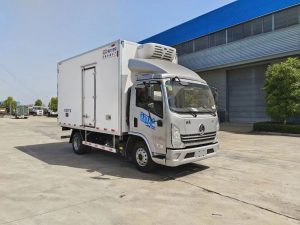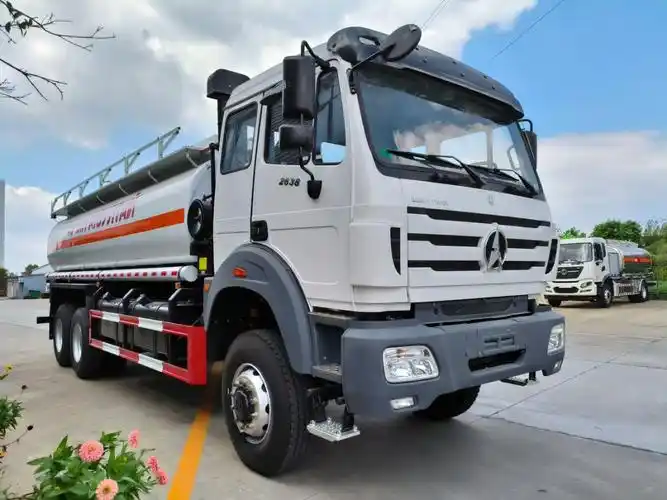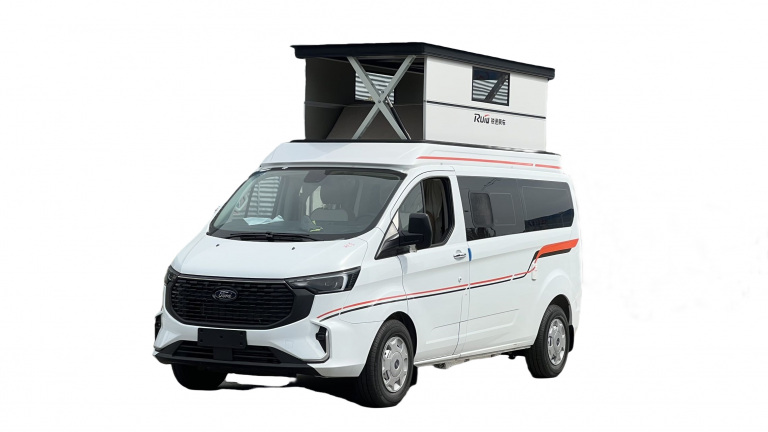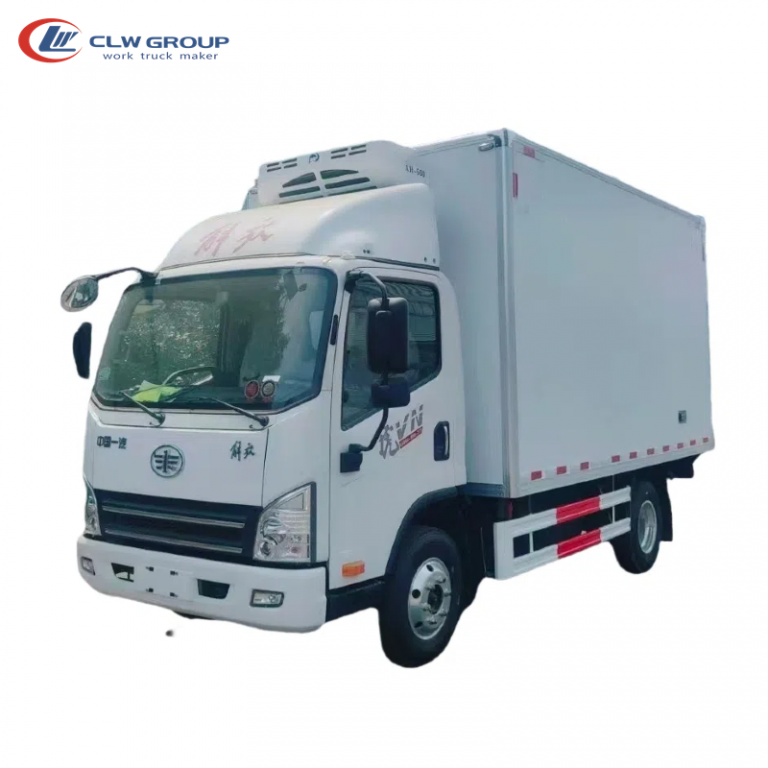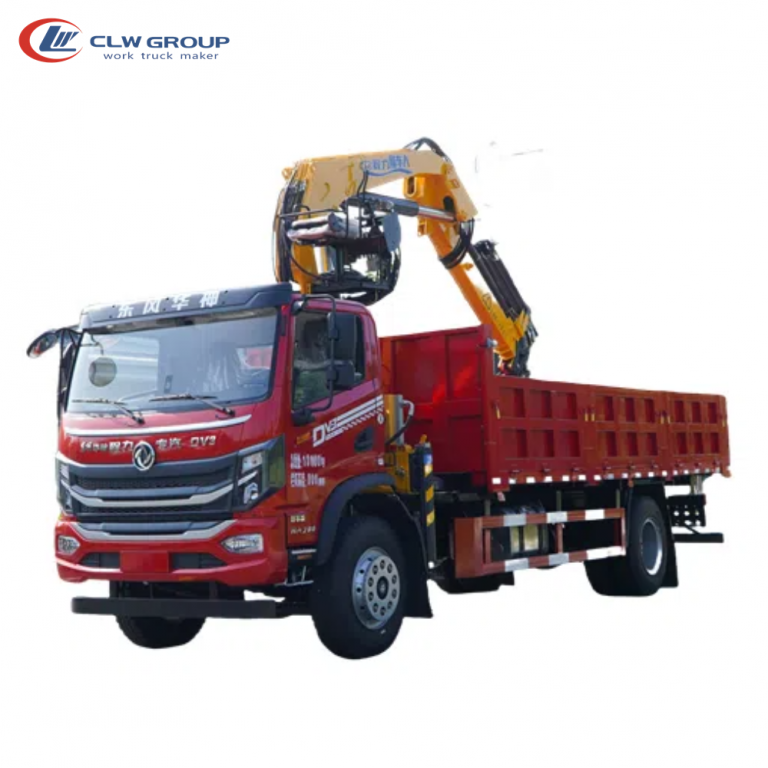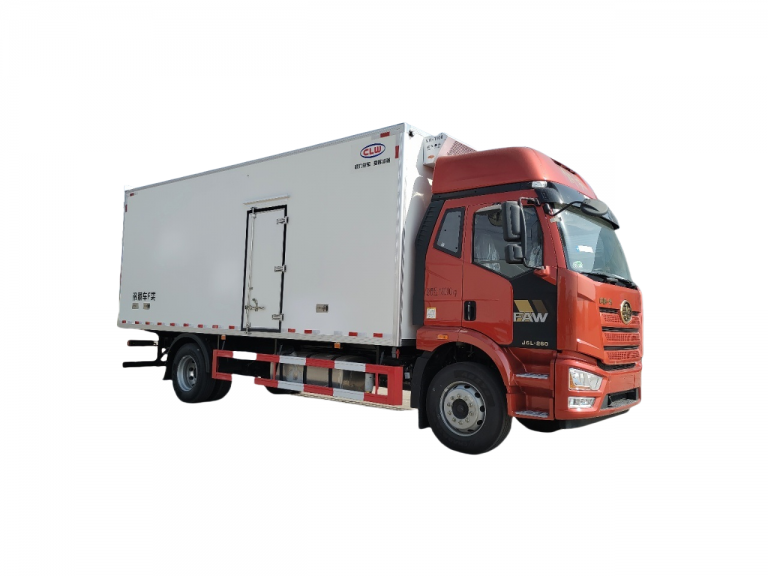Table of Contents
ToggleIntroduction to Recreational Vehicles
Imagine a lifestyle where your home is wherever you decide to park it. No hotel check-ins, no restaurant queues, just the open road and endless possibilities. This is the allure of recreational vehicles (RVs). Whether you’re a weekend adventurer or a full-time nomad, RVs offer a unique blend of freedom and convenience. So, what makes these mobile abodes so captivating? Let’s delve into the intriguing world of RVs and uncover why so many people are drawn to this way of life.
History of Recreational Vehicles
The journey of recreational vehicles is as storied as the roads they travel. The desire to combine mobility with comfort dates back to the early 20th century. The first motorized campers appeared in the 1910s, offering a rudimentary but novel way to explore the great outdoors. These early RVs were essentially makeshift homes built on automobile chassis, a far cry from the luxurious motorhomes we see today. As the decades rolled on, the RV industry evolved, paralleling advancements in automotive technology and consumer demand for travel.
In the post-World War II era, the RV industry truly took off. With the economic boom, families sought new ways to vacation, and RVs offered the perfect blend of adventure and comfort. The 1960s and 1970s saw a rise in the popularity of travel trailers and motorhomes, as they became symbols of freedom and the open road. Today, the RV industry is a multi-billion dollar enterprise, with innovations continually pushing the boundaries of comfort and technology.
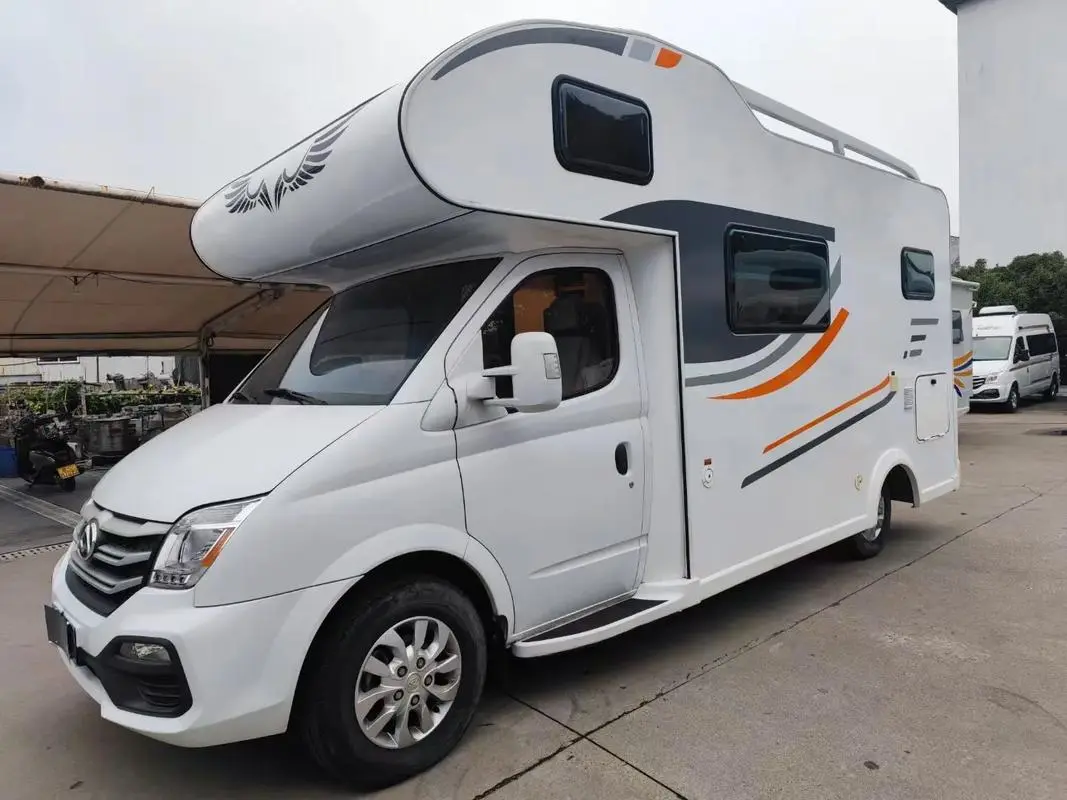
Types of Recreational Vehicles
The diversity of RVs is as vast as the landscapes they traverse. Each type caters to different needs and preferences, making it crucial to understand what each offers before embarking on your RV journey.
Motorhomes
Motorhomes are the quintessential RV, categorized into three classes: A, B, and C. Each class offers a distinct experience:
- Class A Motorhomes: These are the luxury liners of the RV world. Built on a bus chassis, Class A motorhomes offer ample living space and high-end amenities, such as full kitchens, spacious living areas, and even washers and dryers. They are ideal for those who seek comfort and are willing to trade maneuverability for space.
- Class B Motorhomes: Also known as campervans, these are more compact and agile. Built on a van chassis, they are easy to drive and park, making them perfect for solo travelers or couples who value flexibility over space. Despite their smaller size, Class B motorhomes are ingeniously designed to maximize every inch of space.
- Class C Motorhomes: Falling somewhere between Class A and B, Class C motorhomes are built on a truck or van chassis with an attached cab section. They offer more space than Class B but are easier to handle than Class A, making them a popular choice for families.
Travel Trailers
Travel trailers offer a different kind of flexibility. Unlike motorhomes, they are towed behind a vehicle, allowing travelers to unhitch and explore the surroundings with ease. They come in a variety of sizes and styles:
- Teardrop Trailers: These are the smallest and often the most affordable type of travel trailers. Their compact size makes them easy to tow and park, and they are best suited for short trips and minimalists.
- Large Travel Trailers: These offer more living space and amenities, often including separate bedrooms and full bathrooms. They require a more powerful towing vehicle but provide a homier experience on the road.
Campervans
Campervans have surged in popularity, especially among younger travelers and digital nomads. They combine the convenience of a van with the essential features of a home, such as a bed, small kitchen, and sometimes a bathroom. Campervans are perfect for those seeking adventure with the ability to access remote areas that larger RVs cannot reach. They are the perfect mix of comfort and capability, ideal for those who want to live off the beaten path.
Fifth-Wheel Trailers
Fifth-wheel trailers are the giants of the RV world, offering a split-level floor plan that provides a spacious and luxurious living area. They require a pickup truck with a special hitch mounted in the bed, which provides stability and ease of towing. Fifth-wheel trailers are favored for their ample storage, comfort, and the unique design that offers an elevated master suite.
Benefits of Owning a Recreational Vehicle
Owning an RV is like having your personal travel genie, granting wishes of adventure and comfort at your whim. Here are some compelling reasons to consider making an RV your mobile home:
- Freedom and Flexibility: With an RV, you set your own itinerary. There are no flights to catch or hotel check-out times. If you find a place you love, stay longer; if not, move on. The road is your oyster.
- Cost-Effective Travel: While the initial investment in an RV can be significant, it can be more economical in the long run, especially for frequent travelers. You save on accommodation and dining out, and many RV parks offer affordable rates, especially for longer stays.
- Comfort and Convenience: Traveling in an RV means you have all your essentials with you. From your favorite pillow to a stocked kitchen, everything is within reach. Modern RVs come equipped with amenities that rival those of stationary homes.
- Community and Camaraderie: The RV lifestyle fosters a sense of community. RV parks often host social events, and it’s common to strike up conversations with fellow travelers. This sense of camaraderie can lead to lasting friendships and shared adventures.
- Closer to Nature: RVing allows you to immerse yourself in nature without sacrificing comfort. Wake up to the sound of waves crashing on a beach, or enjoy your morning coffee with a view of majestic mountains. An RV parks you in the heart of breathtaking landscapes.
Considerations Before Buying an RV
Before you hit the road, there are several crucial factors to consider to ensure you choose the right RV for your lifestyle and needs.
Budget and Financing
RVs come in a wide range of prices, from modest trailers to luxurious motorhomes. Establishing a realistic budget is essential, and exploring financing options can help make your dream a reality. Remember, the purchase price is just one part of the equation. You’ll also need to budget for insurance, maintenance, and travel expenses.
Size and Storage
The size of your RV will significantly impact your travel experience. Larger RVs offer more comfort but can be challenging to navigate, park, and store. Consider where you’ll keep your RV when not in use and ensure your vehicle can adequately tow it if you’re opting for a trailer.
Maintenance and Repairs
RVs require regular upkeep, much like a traditional home. From maintaining the plumbing system to ensuring the tires are road-ready, there’s a lot to manage. Decide whether you’re comfortable handling these tasks yourself or if you’ll rely on service centers.
Popular RV Destinations
One of the most exciting aspects of owning an RV is the ability to explore a variety of destinations with unparalleled freedom. The United States, with its diverse landscapes and well-maintained infrastructure, offers countless options for RVers.
National Parks
Few experiences can match the majesty of waking up with a front-row seat to nature’s grandeur. RVs provide a unique way to experience national parks, where traditional accommodations may be scarce or fully booked. Parks like Yellowstone, Yosemite, and the Grand Canyon are perennial favorites, offering stunning vistas and abundant wildlife. Many parks have RV-friendly campsites, allowing you to stay close to the action.
Coastal Adventures
For those who prefer the sound of waves and the smell of saltwater, coastal routes offer breathtaking scenery and plenty of activities. The Pacific Coast Highway in California is a must-drive, with its dramatic cliffs and ocean views. On the East Coast, the Outer Banks in North Carolina provide serene beaches and charming seaside towns.
Mountain Escapes
Mountain regions like the Rockies or the Smoky Mountains offer incredible opportunities for hiking, skiing, and simply soaking in the serene beauty of nature. These destinations are perfect for RVers who enjoy outdoor activities and crisp mountain air.
Desert Landscapes
Desert destinations such as Joshua Tree National Park or the deserts of Arizona provide a stark beauty that is both humbling and awe-inspiring. The clear night skies offer some of the best stargazing opportunities, making it a magical experience for RV travelers.
Living the RV Lifestyle
Embracing the RV lifestyle is about more than just travel; it’s a way of life that prioritizes freedom, flexibility, and a connection to the natural world.
Embracing Minimalism
Life on the road requires a shift towards minimalism. With limited space, possessions are pared down to essentials, encouraging you to focus on experiences over things. It’s a chance to declutter both physically and mentally, fostering a simpler, more intentional lifestyle.
Community and Connection
RVers often form tight-knit communities, whether through online forums or in-person meetups. Participants share tips, stories, and support, creating bonds that often lead to lifelong friendships. This sense of community is a comforting aspect of the RV lifestyle, providing a network of like-minded adventurers.
Flexibility and Spontaneity
The ability to change plans on a whim is a hallmark of the RV lifestyle. Feel like staying an extra day at the beach? No problem. Want to chase the perfect weather? Just turn the key and go. This flexibility is liberating and allows for spontaneous adventures that are often the most memorable.
Challenges of RV Living
While the RV lifestyle is filled with adventure, it also presents unique challenges that require adaptability and resourcefulness.
Space Constraints
Living in a confined space can be challenging, especially for families. It requires careful organization and a willingness to live in close quarters. This can be a test of patience and creativity, especially during inclement weather when outdoor activities are limited.
Resource Management
RVers must be adept at managing resources like water, electricity, and waste. This includes ensuring tanks are filled or emptied at the right times and being mindful of power usage, especially when boondocking (camping without hookups). It’s a balancing act that becomes second nature with practice.
Maintenance and Repairs
RVs, like any vehicle, require regular maintenance to keep them road-ready. This includes everything from checking tire pressure to maintaining the engine and appliances. Being handy with tools is a plus, but having access to reliable service centers is equally important.
Future Trends in the RV Industry
The RV industry is continuously evolving, driven by technological advancements and changing consumer preferences. Here are some trends shaping the future of RVing:
Sustainability and Eco-Friendly Designs
As awareness of environmental issues grows, the demand for eco-friendly RVs is increasing. Manufacturers are exploring sustainable materials and energy-efficient designs, such as solar panels and energy-saving appliances. Electric RVs are also on the horizon, promising greener travel options.
Smart Technology Integration
RVs are becoming smarter with the integration of technology that enhances convenience and connectivity. From automated systems that control lighting and temperature to advanced navigation and entertainment options, technology is making RV travel more comfortable and enjoyable.
Customization and Personalization
Today’s RVers seek vehicles that reflect their personal style and meet their specific needs. Customization options are expanding, allowing buyers to tailor everything from floor plans to interior finishes. This trend is driven by a desire for unique, personalized spaces that feel like home.
Remote Work and Digital Nomadism
The rise of remote work has fueled a surge in digital nomadism, with more people choosing to work from the road. RVs are being outfitted with mobile offices, complete with high-speed internet and ergonomic workspaces, making it easier than ever to combine work and travel.
Conclusion
Recreational vehicles offer a unique blend of freedom, adventure, and comfort that appeals to a wide range of travelers. Whether you’re exploring national parks, chasing coastal sunsets, or simply enjoying the flexibility of life on the road, RVing promises an enriching, unforgettable experience. As the industry evolves with new technologies and sustainable practices, the future of RV travel looks bright and promising. So why wait? The open road is calling, and your next adventure awaits behind the wheel of an RV. Safe travels!

